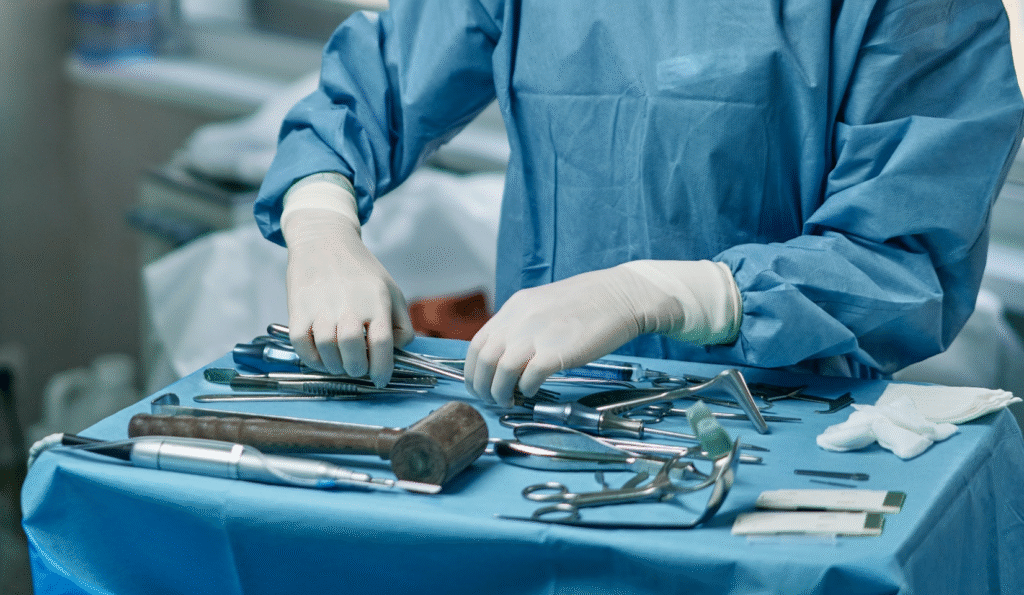Equipping small hospitals with the right surgical tools is crucial for effective patient care. These facilities often face unique challenges, such as budget constraints and limited space, which complicate the procurement of essential instruments. Investing in a well-chosen selection of versatile surgical tools can significantly improve the quality of medical services provided.
Key Surgical Instruments for Small Hospitals
A well-rounded surgical kit should include several fundamental instruments. One of the most critical tools is the scalpel, which comes in various shapes and sizes tailored for different surgical procedures. High-quality scalpels are necessary for making precise incisions, making them essential for almost all surgeries.
Another vital instrument is forceps, which are used to grip or hold tissues and sutures during surgery. Different styles of forceps exist, including hemostatic forceps, designed specifically to control bleeding by clamping blood vessels. Retractors also play an indispensable role by holding an incision or wound open, enhancing visibility and access for surgeons. These may come in hand-held or self-retaining forms.
Surgical scissors are equally important, serving multiple functions from cutting tissues to trimming sutures and bandages. Their sharpness and precision are vital for delicate tasks. Additionally, needle holders are essential for suturing, enabling accurate and secure placement of stitches.
Strategic Procurement and Training
Small hospitals must approach the procurement of surgical instruments with careful consideration. Selecting reliable, high-quality equipment from reputable suppliers ensures longevity and compliance with medical standards. Instruments made from high-grade stainless steel are preferred due to their resistance to corrosion and ease of sterilization, critical factors in a clinical environment.
Establishing relationships with trusted suppliers can also facilitate better deals and faster delivery, particularly in urgent situations. Procurement teams should collaborate closely with medical staff to prioritize equipment needs, ensuring that hospitals can effectively manage common medical scenarios.
Beyond acquiring surgical instruments, ongoing training for staff is essential. Regular workshops and refresher courses help maintain the skills necessary for operating these tools effectively. Implementing a schedule for the maintenance and sterilization of instruments can significantly extend their lifespan, ensuring they remain in optimal condition for patient safety.
Small hospitals play a vital role in healthcare delivery, especially in rural and underserved areas. By judiciously selecting the necessary surgical instruments, investing in quality equipment, and prioritizing staff training, they can uphold high standards of medical care despite limited resources. Thoughtful planning and strategic purchasing empower these facilities to equip their surgical suites adequately.
In summary, the adequacy of surgical tools is not determined by the size or cost of the inventory but by the relevance and reliability of the instruments selected. Small hospitals should focus on high-quality tools that perform consistently, invest in ongoing staff training, and partner with distinguished suppliers to meet their operational needs effectively. This approach ultimately enhances patient safety and care quality.
